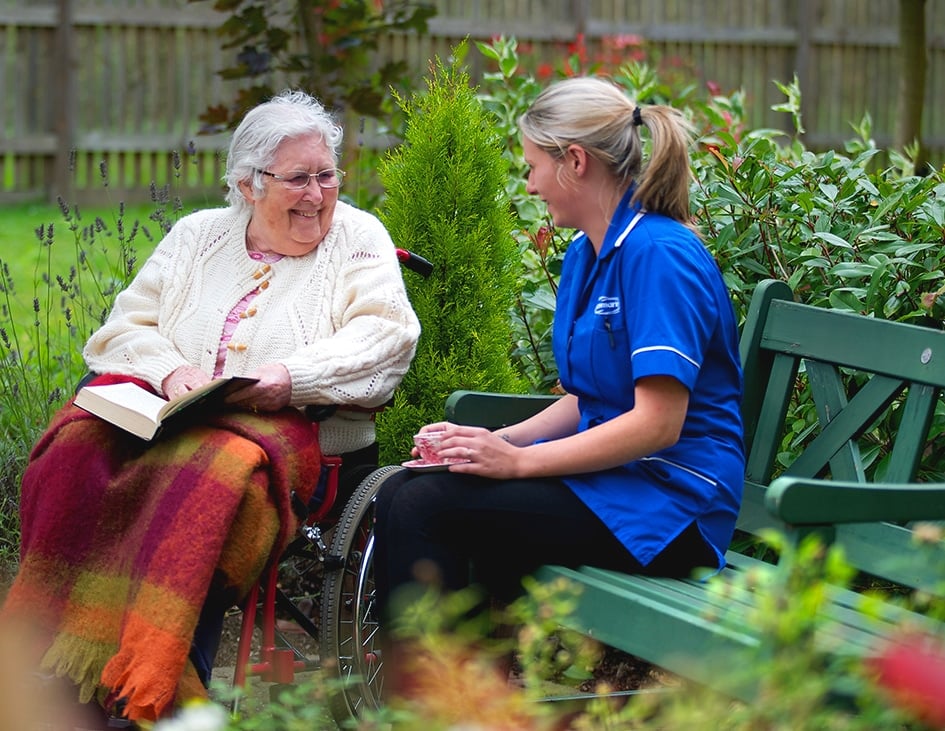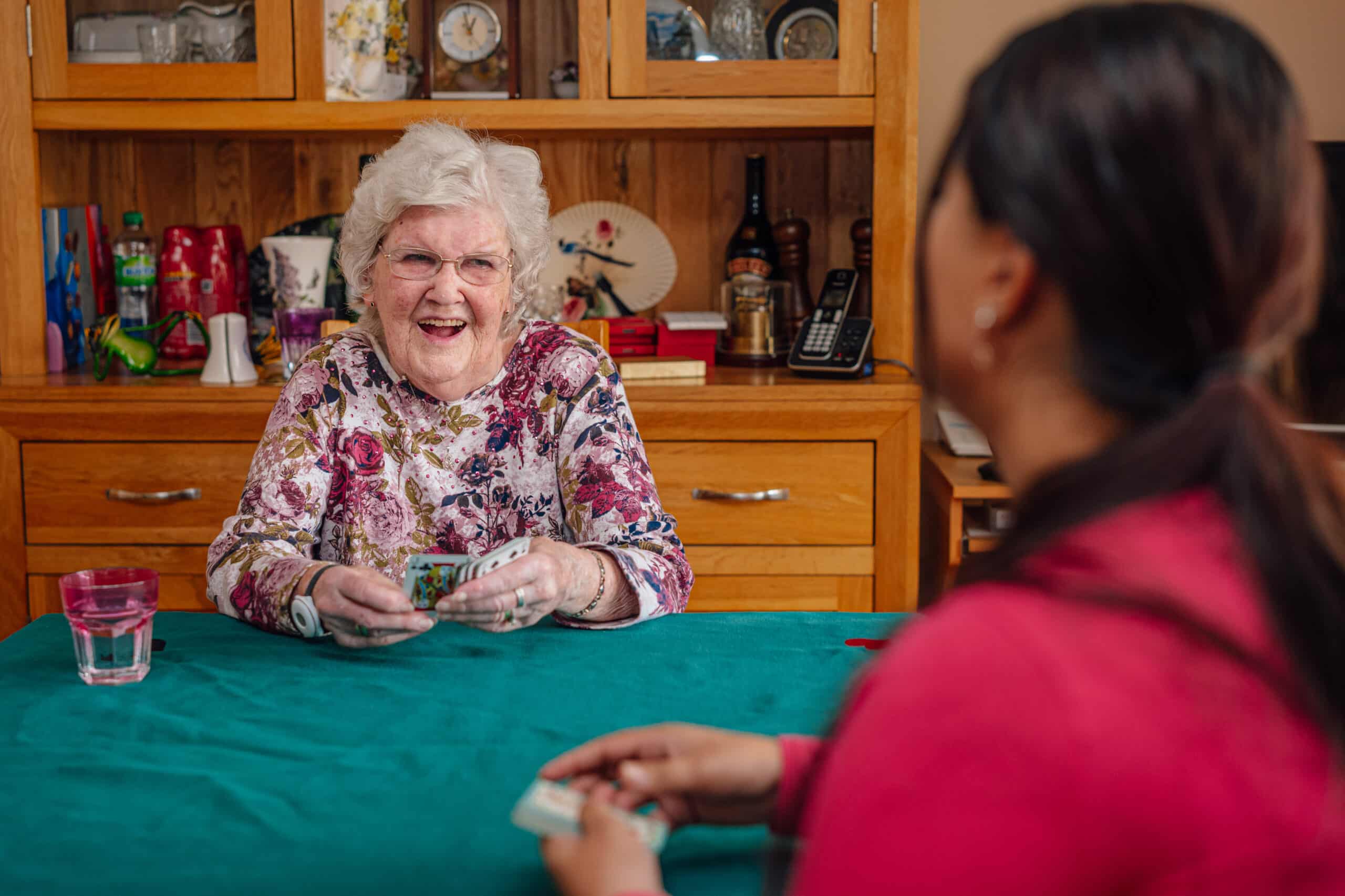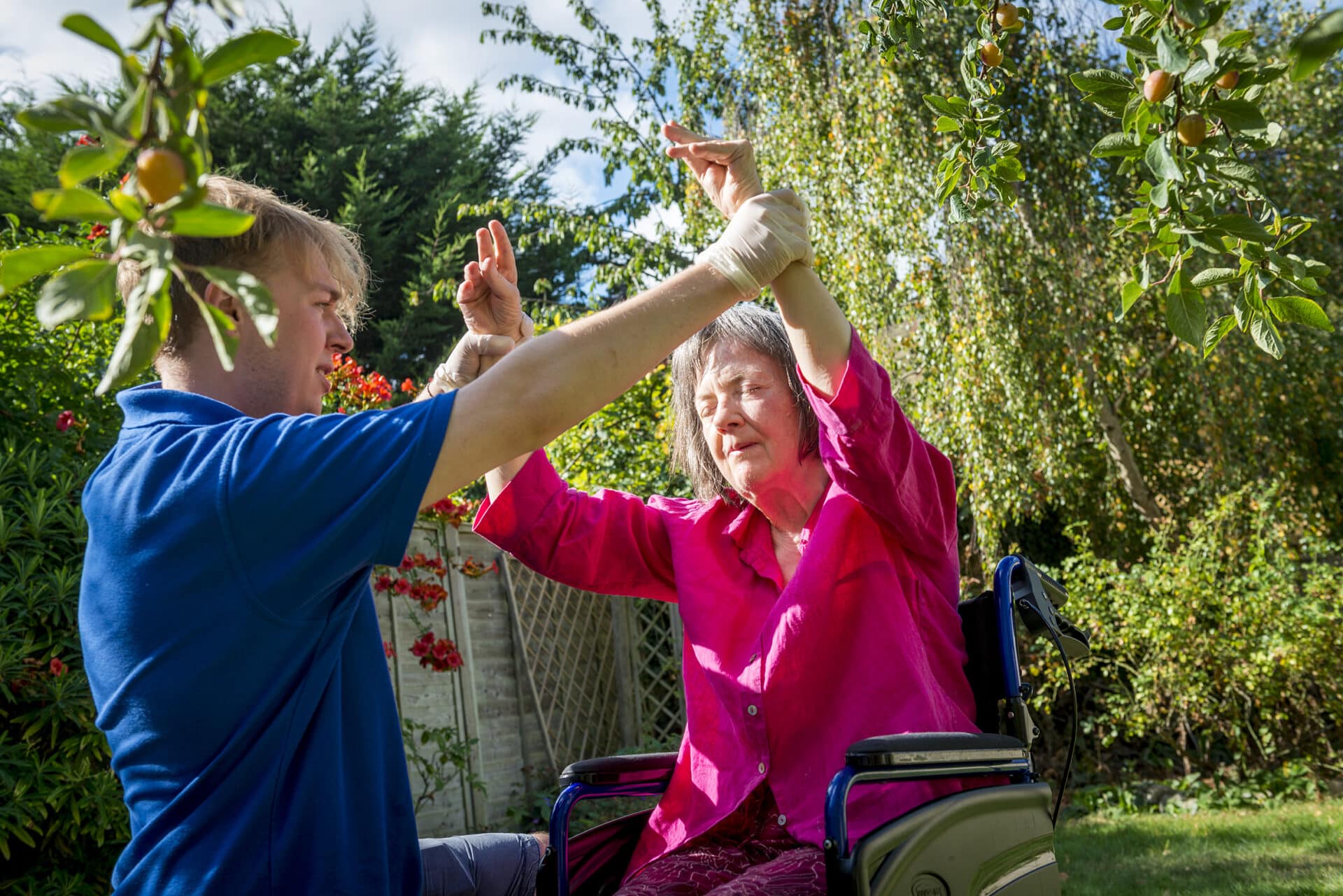Warm Companionship Care in Medway
At Caremark, our Companionship Care services in Medway, Kent, are designed to provide emotional support, companionship, and enhanced well-being for individuals who value the comfort of their own homes. Our dedicated team of Care Assistants is committed to creating a positive and engaging environment for our clients.

Offering Companionship Care in Medway, Kent
Our Companionship Care services in Medway, Kent, offer personalised and compassionate support for individuals who may be experiencing loneliness, isolation, or simply seek companionship in the comfort of their home. We believe in enhancing the quality of life by fostering meaningful social interactions and providing assistance with daily activities.
Companionship for Emotional Well-being
Companionship is a fundamental aspect of well-being, especially for seniors and those with limited social connections. Our Care Assistants offer friendly companionship, engaging in conversations, sharing hobbies, and providing a comforting presence.
We understand that emotional well-being is crucial for overall health. Our team focuses on creating a positive and cheerful atmosphere, helping individuals maintain a sense of purpose and joy in their daily lives.


Personalised Companionship Care Plans
Each person is unique, and so are their preferences and needs for companionship. Our Companionship Care plans are personalised to cater to the individual requirements and interests of our clients. Whether it’s a friendly chat, playing games, or going for a walk, we ensure that every interaction is tailored to foster connection and happiness.
We believe that companionship should be a collaborative effort, involving both our Care Assistants and the client. Together, we create a customised plan that aligns with your specific desires, ensuring a fulfilling companionship experience.
FAQs
Companionship Care is a service that provides emotional support and companionship for individuals who may be isolated or lonely. It benefits seniors, those with disabilities, and anyone in need of social interaction and assistance with daily activities.
To arrange Companionship Care services, simply contact Caremark. We will schedule a consultation to assess your needs and preferences, and together, we’ll create a personalised care plan that suits you or your loved one.
Absolutely. Our Care Assistants undergo specialised training and background checks. They are committed to delivering high-quality care with compassion, ensuring the emotional well-being and happiness of our clients.
Why choose Caremark?
You’ll be in safe hands – our services care for over 14,000 customers.
Personalised care
We provide care that is an individual as you are. You are unique, so your care plan must be too!
Excellent standards
Our quality of care is exemplary. You are extremely important to us, and we care for you like you were our own family.
Cheery visits
We employ our staff based on their personalities – caring, compassionate, cheery and fun!
Allocated Care Assistant
We spend time matching our Care Assistants with our customers and maintaining that pairing.
Family contact
We are open and transparent with family members and share details of each visit when requested.
Confidentiality
Customer confidentiality is extremely important to us. We are fully compliant with GDPR and data protection.